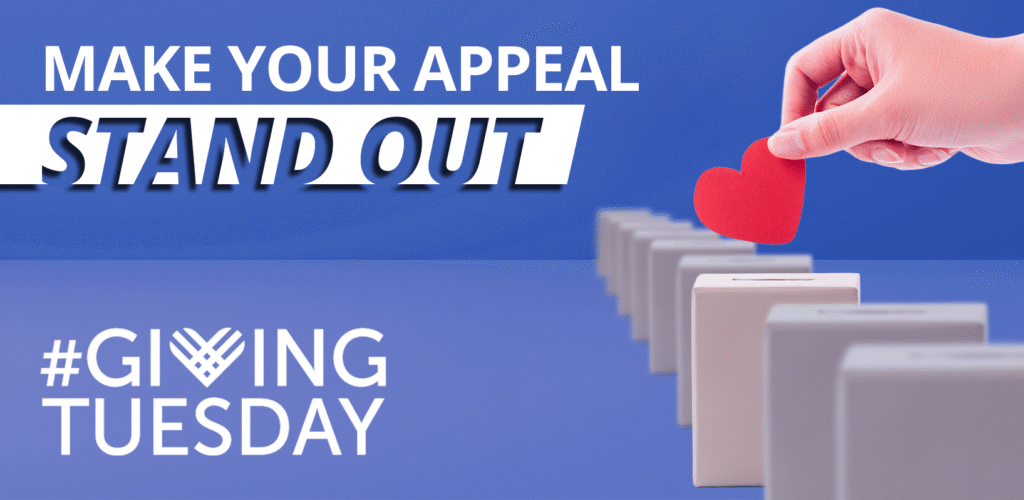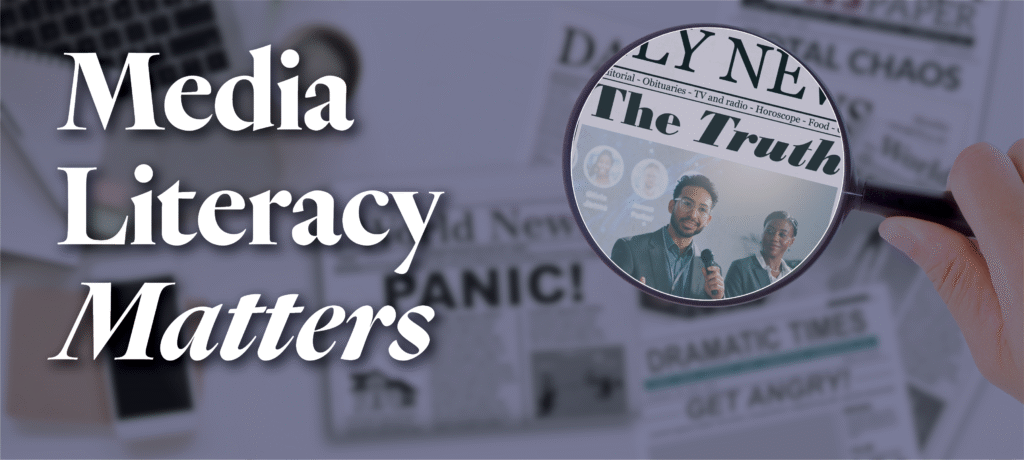
Since Donald Trump took office, Democrats have been frantic to ensure victory in 2020 – a victory they know cannot be clinched without black voters. Hence, we should not be amazed that reparations are being publicly discussed by the political elite. Media and messaging and narratives designed to influence public opinion have always been important in politics.
Reparations is the concept that financial restitution should be made to the descendants of Africans enslaved in the United States. In 1865, discussions among General William Tecumseh Sherman, Secretary of War Edwin M. Stanton, Garrison Frazier and 20 of his fellow black leaders in Savannah, Ga. resulted in the promise of massive land redistribution. Four hundred thousand acres – prime real estate confiscated from former Confederate owners – were to be turned over to freed blacks.
That promise was broken.
More than 150 years later, on April 9, 2019, Sen. Cory Booker introduced H.R. 40, The Commission to Study and Develop Reparation Proposals for African Americans Act. The commission would examine slavery and discrimination in the colonies and the United States from 1619 to the present and recommend appropriate remedies. Fifteen Democrats and one independent co-sponsored H.R. 40. The bill was read twice and referred to the Committee on the Judiciary.
Let me be blunt: We don’t need another group of people studying something whose effects are already well researched. I’m not going to elaborate on the complexities of reparations or the potential divisiveness of actually moving forward with it.
I will, however, argue that all levels of government within the United States need to do a damn better job of addressing the severe problems, inequalities and deprivations faced by far too many descendants of America’s slaves.
Here’s a historical anecdote to illustrate my point: In May 2013 nearly 2,000 people showed up for a publicly unadvertised returning citizen job fair at the Philadelphia Municipal Services Building. The city was unprepared for the huge number of black, white and Hispanic men and women with a criminal past hoping to leave that past behind. Many were turned away, leaving them feeling disappointed and rejected by a local government they already perceived as disinterested in helping them.
That June, a better organized event was held. Again, the previous job fair wasn’t publicly advertised. Flyers and emails were sent to businesses that hire returning citizens though, and here’s the twist – that information was shared on Facebook by many of those who planned to attend. It means that social media did a far better job than government – cluing in 2,000 people looking for a fresh start about an opportunity to accomplish that goal.
Here’s some recent history for more clarification. On January 6, 2020 Philadelphia City Council President Darrell Clarke reiterated a well-known local statistic in his speech during the investiture for the new Council; 400,000 people in the city live in poverty.
Clarke said there are plans to lift 100,000 of those people out of poverty by 2024. He also remarked that over $450 million in federal and state benefits go unclaimed by Philadelphians – for various reasons, those people are not receiving them. Clarke said Council is working with experts to develop an actionable plan to get these benefits to eligible Philadelphians.
I’m sure there is a connection here and that many of those eligible recipients are African Americans who fit into that 400,000-people poverty statistic. I also think a huge part of the reason those people don’t take advantage of those benefits is because they don’t know about them.
The problem here is a lack of effective and strategic use of media and messaging.
There’s a lesson in that poorly organized 2013 job fair for ex-offenders and a tip for those experts developing that actionable plan Clarke mentioned: The solution lies in use of media, messaging and the narrative to influence.
The goal of lifting 100,000 people out of poverty is commendable. But federal, state and local governments can do more and better and do it right now. Many African Americans are fed up with broken promises, endless research studies and repackaged plans and programs designed to address our problems that have taken us nowhere.
This is also a major reason why more than 700,000 Philadelphians of various ethnicities did not vote in the 2019 November elections.
Instead of talk about reparations, how about raising the federal minimum wage to a livable level? How about creating vigorous job-training programs that equip people with 21st Century employment skills? How about strategic use of social media to point the impoverished, the unemployed and ex-offenders to those programs?

Effective media and messaging narratives can inspire and influence people who lack confidence in government to grasp an existing and expanding array of tools meant to better their lives.
I regard that as visionary moral leadership. It would go a long way to rectifying the broken promise of 1865 and benefit all Americans.




